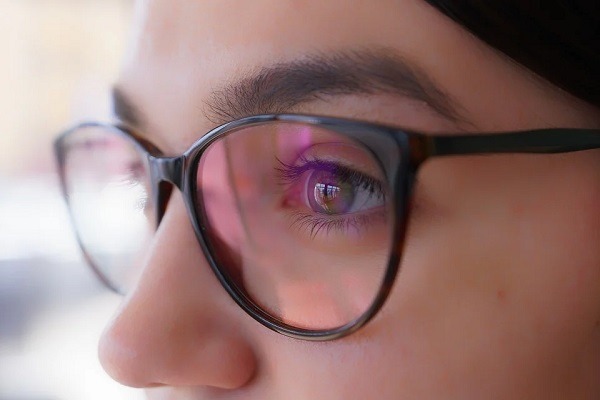People also assume that an unintended outcome of aging or eye pressure is losing eyesight. In fact, a healthy diet can lower the risk of eye health issues considerably. What you eat can influence what you see when it comes to saving your sight. Some micronutrients present in food may play a significant role in avoiding two likely reasons for poor vision: corneal scarring, pigmentary maculopathy and age-cloudy patches in the eye lens. Most people take medicines for better eyesight and end up with a poor eyesight. In such cases, you can always enter a legal claim for vision loss.
Below is a list of some healthy foods you should eat for good eyesight:
1. Fish
Fish can be a great food to ingest for eye protection, especially salmon. Salmon and other fish contain fatty acids that are omega-3. There are fats that are “healthy.” Omega-3 fatty acids in the back of the eye may lead to vision growth and to the protection of the retina. They can help avoid dry eyes as well.
2. Greens
Spinach contains two of the most important additives for eye protection, including zeaxanthin and lutein, along with other leafy greens such as collard greens and kale. These antioxidants are retained by the Macula, the part of the eye beneficial in protecting the skin from damaging radiation.
3. Carrots
Both Vitamin A and beta carotene are rich in carrots. Carrots are given their reddish-orange by beta carotene.
For vision, vitamin A plays an important role. It is a part of rhodopsin, a protein that allows the retina to absorb light. The body requires beta carotene to make vitamin A.
4. Beans and Legumes
If you want a low-fat high-fiber, vegetarian alternative to help keep your night vision clear, black-eyed peas, kidney beans, lentils, and chickpeas are rich in zinc. Healthy sources of flavones and zinc are kidney beans, black-eyed peas, and lentils, which can help to protect the retina and prevent or treat macular degeneration and cataracts.
5. Eggs
In egg yolks, two of the most effective eye safety antioxidants, lutein, and zeaxanthin, are freely contained, just as in green vegetables. You raise the likelihood of antioxidant incorporation due to the extremely high-fat content of eggs when you have them in your omelet. In egg yolk, you also get sufficient vitamin D, which is thought to be beneficial against vision loss.
6. Meat
Zinc takes vitamin A to your eye from your liver, where it is used to produce melanin, the defensive pigment. Oysters have much more zinc per portion than most other food, so in order to get it, you don’t have to be a seafood lover: beef, turkey, and chicken are all decent options (both dark and breast meat).
In addition, your eye protection can be improved by lean beef in your diet. Beef contains zinc, which helps the body digest vitamins and can play a role in decreasing the risk of macular degeneration/vision loss associated with advanced age.
7. Water
Last but not the least, keeping yourself hydrated is an essential step too. Your eye is filled with fluid and anytime you blink prevents the eye by washing away particles and dust. In order to maintain a proper level of fluid in the eye, keeping well hydrated is very necessary. Your degree of water intake is closely correlated with the level of risk of some common eye disorders and diseases because of the eye’s high water content and strong dependency on fluids to work healthily.

